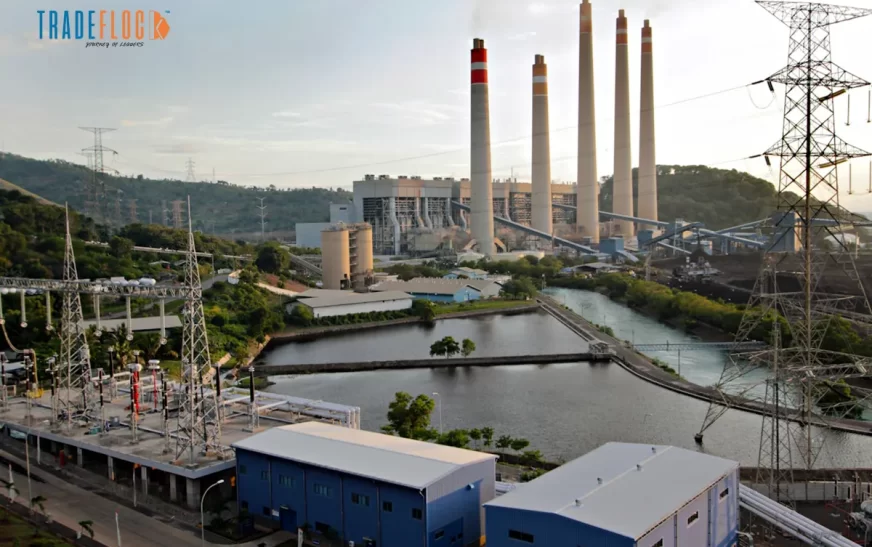Indonesia’s ambitious plan to retire 6.7 gigawatts of coal-fired power capacity by 2030 faces significant hurdles due to the lack of funding from wealthy nations, according to the country’s top official overseeing the initiative. A coalition of ten donor countries, known as the Just Energy Transition Partnership (JETP), pledged in 2022 to raise $20 billion within three to five years to support Indonesia’s transition away from coal, which included funds for retiring plants representing 13.5% of the nation’s coal capacity.
However, the disbursal of these funds has been slow, with no commitments from donors to finance the coal phase-out. Paul Butarbutar, head of the JETP Indonesia Secretariat, expressed concern at COP30 in Brazil, questioning the viability of the plan if funding does not materialise.
Despite approval of $2.85 billion in loans, equity, and $186.9 million in grants for grids, renewables, and efficiency projects, no funds have been allocated specifically for retiring coal plants. The United States, initially part of the coalition, has since withdrawn, further complicating efforts. Japan and Germany, also involved in coordinating the program, are exploring ways to meet the goals amid ongoing negotiations. Over $19.5 billion of the pledged $20 billion has been committed, but actual disbursements remain elusive.
Indonesia, the world’s seventh-largest coal producer and Southeast Asia’s largest economy, also faces technical and financial challenges in replacing retired coal capacity with renewable sources like solar and geothermal. Butarbutar highlighted logistical issues, such as where to site solar plants in densely populated Java and who would finance initial geothermal investments. The struggle to phase out coal is compounded by broader concerns among developing nations about inadequate international climate finance, which has yet to meet expectations.
Also Read: Taiwan in focus amid Japan PM comments and US weapons sale
Although a separate mechanism managed by the Asian Development Bank has about $2.56 billion available for energy transition projects, delays persist, exemplified by the postponed closure of the Cirebon-1 plant east of Jakarta. Ultimately, without significant and timely funding, Indonesia’s coal phase-out plan remains at risk.










